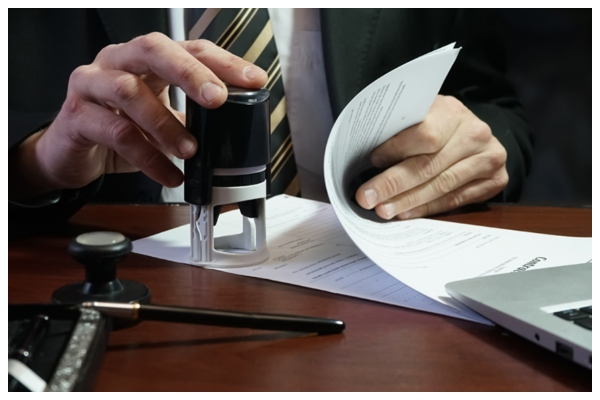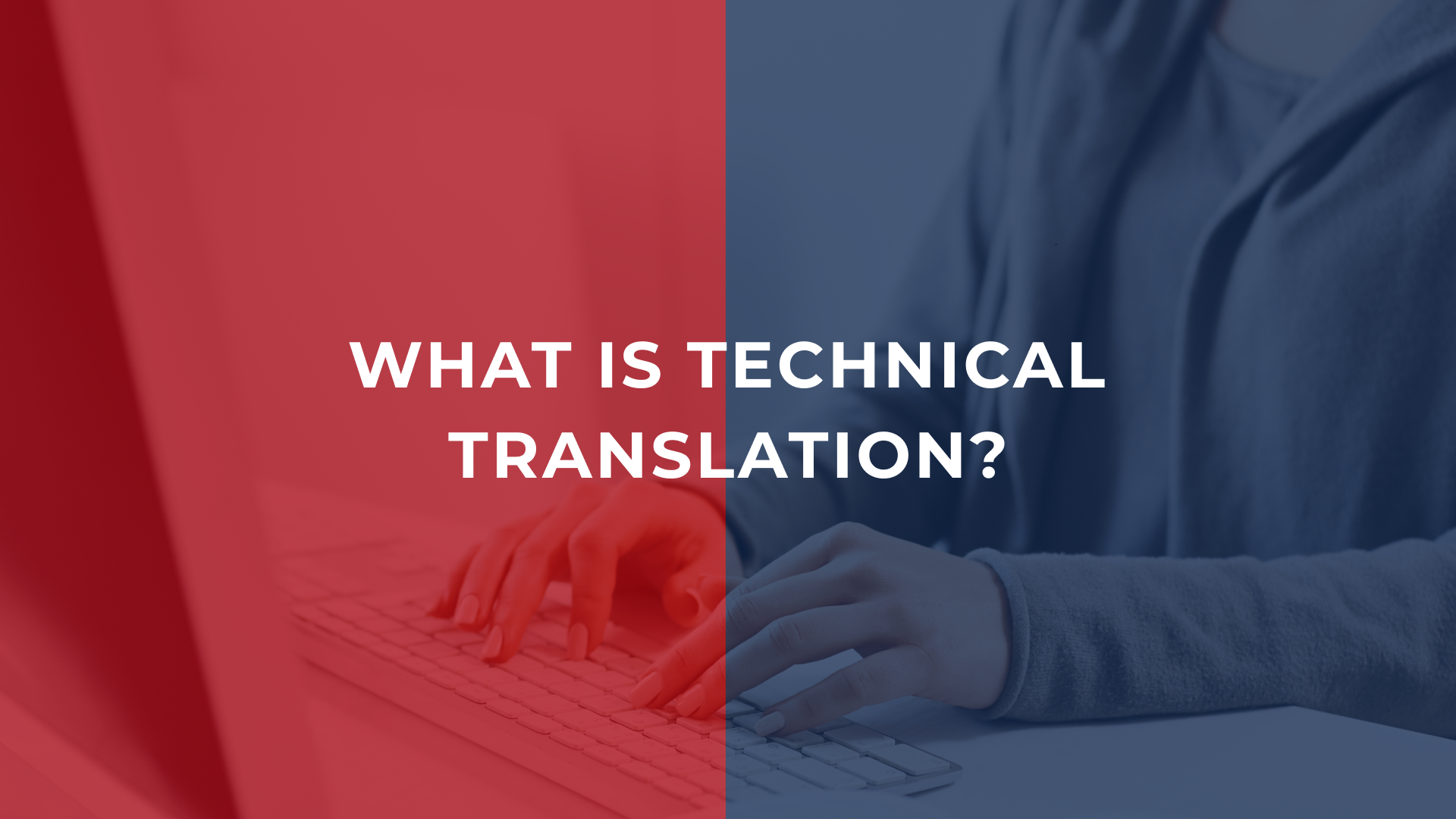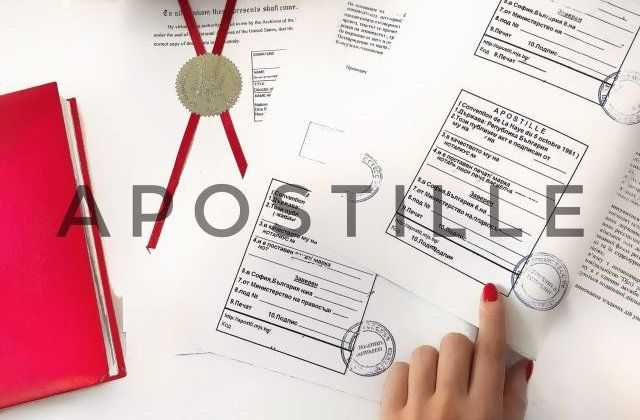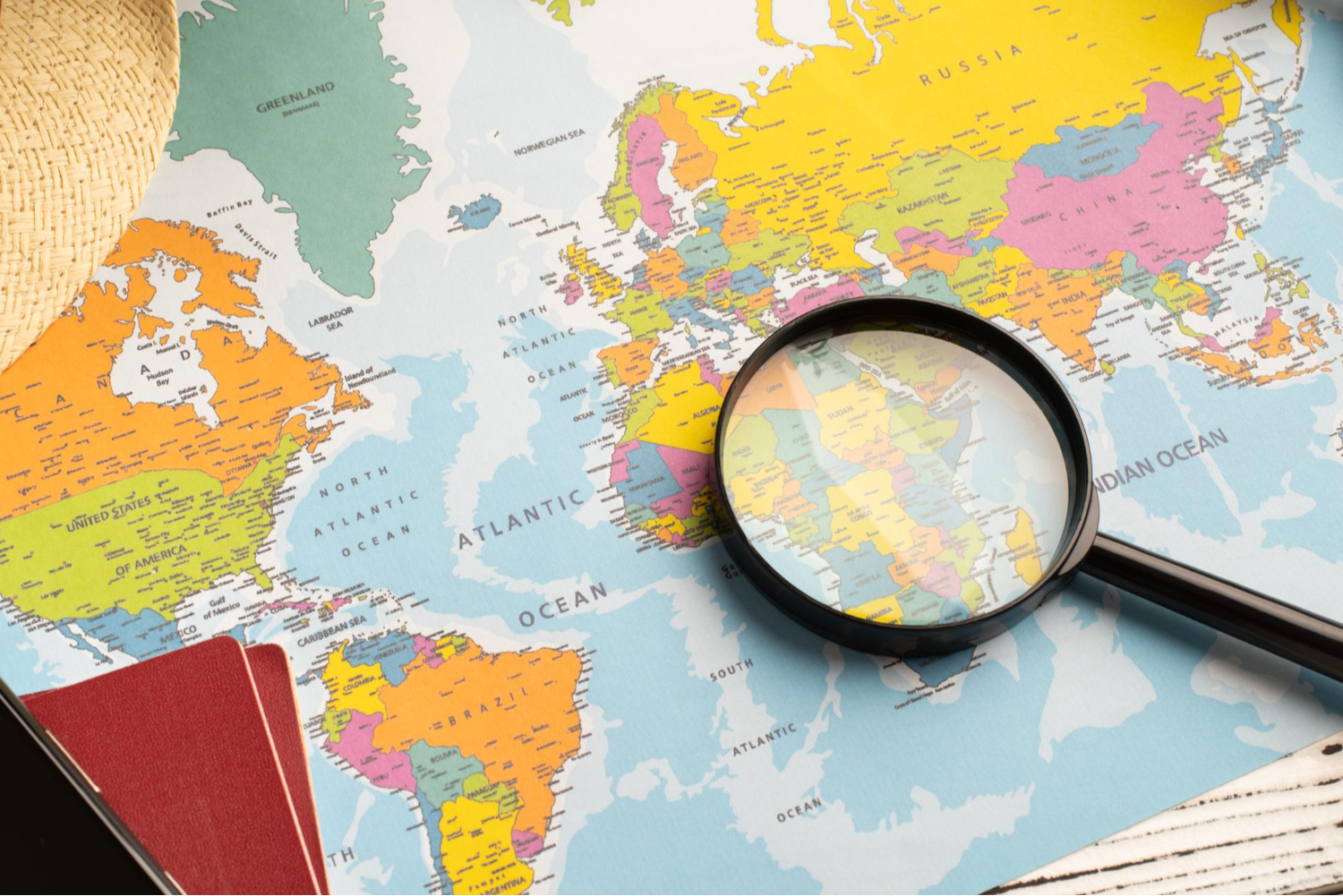Blog

Апостиль на документах, виданих Податковою службою України (ДПС), потрібен у випадках, коли ці документи подаються за кордон — для підтвердження доходів, податкового резидентства, сплати податків чи ведення підприємницької діяльності. Іноземні установи приймають українські податкові довідки лише після їх офіційного підтвердження, тому апостилювання стає обов’язковим кроком для легального використання таких документів за межами України. У цій статті ми розглянемо, які документи з ДПС підлягають апостилю, хто може його поставити та як правильно оформити запит.
Що означає апостиль у Податковій службі та коли він потрібен
Апостиль на документах Державної податкової служби підтверджує справжність підпису посадової особи та легальність бланка документа для його подальшого використання за кордоном. Це офіційне засвідчення відповідно до Гаазької конвенції, яке робить українські податкові документи дійсними в інших країнах, що приєдналися до Конвенції.
Апостиль на документи ДПС потрібен у таких випадках:
- Подання підтвердження доходів у банківські чи державні органи за кордоном;
- Оформлення віз, дозволів на проживання чи роботу;
- Підтвердження податкового резидентства;
- Реєстрація бізнесу або відкриття рахунків у зарубіжних фінансових установах;
- Участь у тендерах, грантових програмах чи міжнародних проєктах.
Таким чином, апостиль гарантує, що іноземна сторона визнає документ, виданий Податковою службою України, без потреби в додатковій легалізації.
Які документи з ДПС можна апостилювати
Більшість офіційних документів, виданих Державною податковою службою України, підлягають апостилю, якщо вони плануються для подання в іноземні установи. Головна вимога — документ має бути оформлений на офіційному бланку, містити підпис уповноваженої особи та печатку (за наявності).
Найчастіше апостилюють такі документи з Податкової служби:
- Довідка про доходи (форма 3-ДФ або інші формати);
- Витяг про стан розрахунків з бюджетом (ЄСВ, податки);
- Довідка про відсутність податкової заборгованості;
- Довідка про статус податкового резидента України;
- Витяг з реєстру платників податків (у тому числі ФОП);
- Довідки та подтверждення, пов’язані з підприємницькою діяльністю;
- Листи чи інші офіційні відповіді ДПС на запити громадян або компаній.
Усі ці документи можна використовувати за кордоном після проставлення апостиля у відповідному державному органі України. Це гарантує їхню юридичну силу за межами країни.
Хто уповноважений ставити апостиль на документах ДПС
Документи, видані Державною податковою службою України, не апостилює сама Податкова служба. Вона лише видає документ, а право на його міжнародне засвідчення мають інші державні органи — залежно від типу документа та його призначення. Для податкових документів діє чітко визначена компетенція.
Апостиль на документах ДПС проставляють такі установи:
- Міністерство закордонних справ України (МЗС): це головний орган, який апостилює податкові документи, довідки, листи та інші офіційні відповіді державних установ. Більшість документів ДПС належать саме до компетенції МЗС.
- Міністерство юстиції України (Мін’юст): якщо документ із ДПС був попередньо засвідчений нотаріально (наприклад, нотаріальна копія податкової довідки), апостиль ставиться у Мін’юсті.
- Бюро легалізації та перекладів (через доручення): спеціалізовані компанії не ставлять апостиль самостійно, але мають право подавати документи від вашого імені в МЗС або Мін’юст, що особливо зручно для заявників за кордоном.
Апостиль — це державна процедура, тому він обов'язково ставиться виключно в Україні, і жодне посольство чи консульство не має права зробити апостиль на податкових документах.
Як отримати апостиль на документах з Податкової служби
Отримання апостиля на документах ДПС — процес офіційний, який вимагає точного дотримання процедур та правил, встановлених українським законодавством. Хоча фізично документи мають бути подані в Україну, зробити це можна навіть перебуваючи за кордоном через довірених осіб або спеціалізовані бюро. Важливо чітко знати, куди і яким способом подавати документи, щоб уникнути затримок та повернення заявки.
Нижче наведено покрокову процедуру отримання апостиля:
Визначте тип документа та компетентний орган:
- Для більшості податкових документів апостиль проставляє МЗС України.
- Якщо документ нотаріально засвідчений (копія довідки, витяг), апостиль може проставляти Мін’юст.
Підготуйте документ:
- Переконайтеся, що документ виданий на офіційному бланку ДПС та містить підпис і печатку уповноваженої особи.
- Якщо документ має бути нотаріально засвідчений для апостиля, зробіть це до подачі.
Виберіть спосіб подачі документів:
- Особисто в Україні — якщо ви перебуваєте в країні.
- Через довірену особу — офіційна довіреність, оформлена нотаріально, дозволяє іншій особі подати документ від вашого імені.
- Через бюро перекладів або компанії з легалізації — компанія приймає документи, подає їх у МЗС або Мін’юст і повертає готовий апостиль поштою.
Подання документів та оплата послуг:
- Документи подаються до відповідного органу разом із заявою на апостиль.
- Оплачується адміністративний збір (уточнюється на сайті МЗС або Мін’юсту).
- Якщо подає представник або бюро, вони також можуть включати свої сервісні збори.
Отримання апостиля:
- Після перевірки документів та відповідності вимогам МЗС або Мін’юст проставляє апостиль.
- Готовий документ можна отримати особисто, через представника або з доставкою поштою.
Дотримання всіх цих кроків гарантує швидке та законне проставлення апостиля на документах ДПС. Для заявників за кордоном найбільш зручним варіантом є використання довіреної особи або професійного бюро легалізації, що дозволяє уникнути поїздок до України та скоротити час очікування.
Терміни проставлення апостиля на податкових документах
Терміни отримання апостиля на документах ДПС залежать від кількох факторів: типу документа, способу подачі та завантаженості уповноваженого органу. Зазвичай процес триває від 3 до 10 робочих днів, якщо документи подані безпосередньо в МЗС або Мін’юст.
Якщо апостиль оформлюється через довірену особу або бюро легалізації, до зазначеного часу додається час на пересилку документів поштою або кур’єрською службою. Для міжнародної доставки часто потрібно додатково 3–7 днів, залежно від країни та обраного оператора.
Щоб уникнути затримок, рекомендується заздалегідь перевіряти:
- Правильність оформлення документів;
- Наявність усіх необхідних підписів та печаток;
- Коректність довіреності для представника або повноважень бюро;
- Актуальні строки обробки на сайтах МЗС та Мін’юсту.
Апостиль на документах Державної податкової служби — обов’язкова умова для легального використання українських податкових довідок, витягів та підтверджень за кордоном. Його проставляють виключно уповноважені державні органи, а заявник може оформити апостиль особисто, через довірену особу або скориставшись послугами професійних бюро перекладів і легалізації. Дотримання правильної процедури та термінів гарантує швидке та законне підтвердження документів, необхідних для міжнародних фінансових, юридичних та адміністративних цілей.

Якщо ви перебуваєте за кордоном і вам потрібно поставити апостиль на документи - зробити це можна. Документи приймають до опрацювання українські органи, залежно від їх типу — Міністерство юстиції, Міністерство закордонних справ, Міністерство освіти і науки або Державний архів. Ви можете надіслати документи поштою, передати їх через довірену особу в Україні або скористатися послугами бюро перекладів та компаній, що спеціалізуються на легалізації. Важливо пам’ятати: апостиль проставляється лише в тій країні, де був виданий документ, тому дипломатичні установи за кордоном цього не роблять.
Як отримати апостиль на документи, видані в Україні?
Отримати апостиль на українські документи можна навіть перебуваючи за кордоном — головне знати, який державний орган відповідає за легалізацію кожного типу документа. Процедура залежить від того, чи це документи цивільного стану, освітні довідки, судові документи або архівні копії. Усі вони апостилюються виключно в Україні, у відповідних міністерствах або архівних установах.
Нижче — основні органи, які проставляють апостиль на українських документах:
- Міністерство юстиції України — свідоцтва та витяги РАЦС, судові документи, нотаріальні акти.
- Міністерство закордонних справ України (МЗС) — документи, видані державними органами, довідки, сертифікати, інші офіційні документи, що не входять до компетенції Мін’юсту чи МОН.
- Міністерство освіти і науки України (МОН) — дипломи, атестати, додатки до них, інші документи про освіту.
- Державні архіви України — архівні копії документів, довідки та витяги з архівних фондів.
Таким чином, щоб отримати апостиль, потрібно лише визначити тип документа та відповідний орган, після чого надіслати його поштою або передати через довірену особу. Процедура є стандартною й не залежить від місця фактичного перебування заявника.

Technical translation is the translation of documents that contain specialized technical terminology. Such documents include operating instructions, technical manuals, equipment specifications, scientific articles, and many others. Accuracy in the use of technical terminology is a key requirement, as even minor errors can lead to serious consequences in the process of using equipment or performing technical tasks.
Requirements for accuracy and clarity
One of the main characteristics of technical translation is a high level of accuracy and clarity. Technical documents must be translated in such a way that their content remains understandable to specialists in the relevant field. This requires not only an excellent command of translation languages, but also a deep understanding of the technical subject.
Types of technical texts
Technical texts can be diverse in nature. Among them:
- Operating instructions: documents that contain step-by-step instructions for using hardware or software.
- Technical manuals: detailed instructions describing the principles of operation and technical characteristics of the equipment.
- Specifications: documents that define the technical requirements for a product or service.
- Scientific articles: research and analytical materials that contain technical information.
Technical translation process
The process of technical translation includes several stages:
- Preparation: analysis of the source text and definition of the main terms and concepts.
- Translation: direct execution of the translation taking into account the specifics of the technical text.
- Editing: checking the accuracy and correspondence of the translation to the original text.
- Proofreading: final checking of the text for errors and shortcomings.
Differences between technical translation and other types of translation
Technical translation differs from other types of translation in its specificity and accuracy requirements. For example, artistic translation allows greater freedom in the choice of words and stylistic techniques, while technical translation requires a strict correspondence of terminology and content. In addition, technical translation often requires knowledge of specific industry standards and norms.
The importance of a professional approach in technical translation
A professional approach to technical translation is extremely important. A translator must have not only a high level of language skills, but also an understanding of technical topics. Insufficient qualifications or lack of experience can lead to errors that will adversely affect the use of technical documentation.
Advice on choosing a translator for technical documents
When choosing a translator for technical documents, you should pay attention to several key aspects:
- Qualifications and experience: the translator must have relevant education and experience in technical translation.
- Reviews and recommendations: pay attention to customer reviews and recommendations about the translator's work.
- Use of technology: The translator must use modern technology and tools to ensure the accuracy of the translation.
Compliance with standards: the translator must comply with international standards and norms for the translation of technical documents.

An apostille is a special form of document legalization that ensures their recognition and validity abroad. This term, derived from the French word "apostille," means "certification" or "confirmation." It finds its application in the context of international law, regulating the procedures for document legalization for use in different countries. An apostille serves as a kind of seal or stamp that certifies the legality and authenticity of the accompanying document.
When we mention an apostille, we mean not just a stamp or signature on the document, but also the recognition of its validity abroad. An apostille on documents acts as a kind of stamp that guarantees its acceptance in another country without the need for additional legalization. This ensures mutual understanding and eliminates doubts regarding the legal validity of documents in international relations.

There are many countries in which documents are legalized by affixing the Apostille stamp to such documents. Some countries may require a double apostille to be affixed to certain documents, usually in countries that have signed the Hague Convention of 1961. A double apostille is often called an apostille for translation. The procedure for affixing a double apostille has several stages.

In today's world, where international relations and travel have become an integral part of many areas of life, legalization of documents for use abroad is becoming increasingly important. One of the most effective ways to legalize documents is to affix a double apostille to them. This term refers to a special stamp that certifies the authenticity of a signature or seal on a document and its compliance with the laws of the country to which the document is submitted.
Would you like to order translation of a document or another service?
